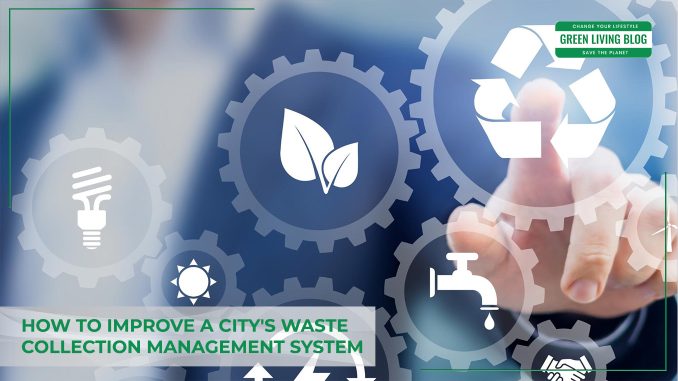
Commercial and institutional structures, including workplaces, educational places, retail outlets, lodging establishments, and food service operations, produce large quantities of waste and left-over materials that require adequate collection and disposal.
All communities, from those just beginning to deal with waste collection management to those moving toward a zero-waste policy, may benefit immediately and directly from enhanced commercial and household waste collection management.
Every person can play an important role by providing communicating with their council waste collection team in case of any violation of metropolitan cleanliness and environmental safety & policy.
Waste collection management is a major issue in many modern cities across the world such as London where littering and fly tipping cause waste pollution and where the council waste collection should take care of this.
Therefore, governments and local authorities are working on optimizing and regulating waste collection, transportation, and disposal of waste, however, many aspects can be optimized still as outlined below.
What exactly is Smart Waste Collection Management?

The waste collection and disposal of rubbish can be optimized with smart waste management. Smart waste management, which involves IoT (Internet of Things) technology, offers insights into the habits and routines that lead to excessive garbage. This grants cities and towns the ability to improve their waste management, get greener and make more informed decisions.
With the Internet of Things (IoT) and other technologies becoming more widely available, council waste collection departments are increasingly turning to smart solutions to meet budget constraints and sustainability goals.
There are multiple technological features and assisting tools that can improve the over-waste system, such as smart bins, sensors for waste detection, AI recycling robotics, E-Waste Kiosks, recycling apps, etc., however, the necessary funding and budgeting are often in the way of implementing such.
Here are some additional tips for improving waste collection services and systems:
Universal waste collection and safe disposal

Building collection, transfer, and operational systems with compact vehicles with locally accessible chassis while preventing repeated waste collection routes and minimizing disposal distances can be steps in the right direction. Food, organic, and garden waste separation pilots may also prove successful.
Collecting and analyzing waste statistics to set recycling priorities or looking to similar-sized communities that manage their waste better can help. Pay-as-you-throw prices promote reduced rubbish and incentivize people to do their bit.
Composting and anaerobic digestion are processes that create compost, biogas, heat, and bio-fertilizers, which can be reinvested in the community. Composting is easier and cheaper for resource-constrained cities and can increase sustainability, reduce greenhouse gas emissions, and save money.
Metropolitan Waste Collection Management and Advanced Planning
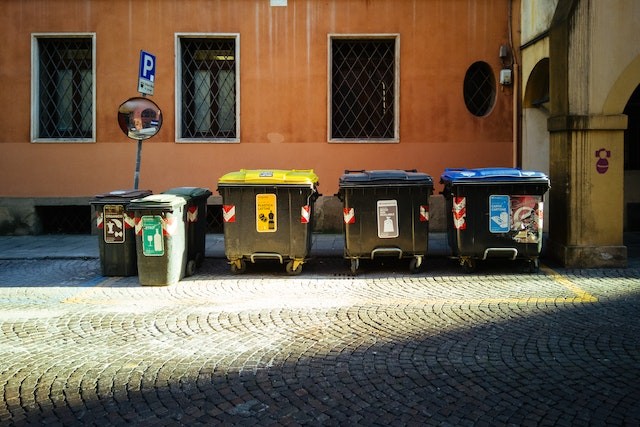
The UN says almost half the world’s population lives in cities. As cities grow, environmental, social, and infrastructural concerns necessitate a fresh approach to public services, including waste management.
Smart waste management is fundamental to smart cities and makes cities livable and future ready. Smart analytics turn bin data into meaningful insights to enhance council waste collection services.
Fill-level data enables smart waste collection routing. Using a digitized perspective of bin fill levels, waste collectors may optimize their collection routes. High-accuracy data on bin locations and movements improves waste planning transparency. However, information may be used to streamline the recycling process and boost participation. Waste management companies exist specifically to collect and process recyclable materials, including plastics, paper, and metals.
Effective Campaigns to encourage civic waste management and quick response
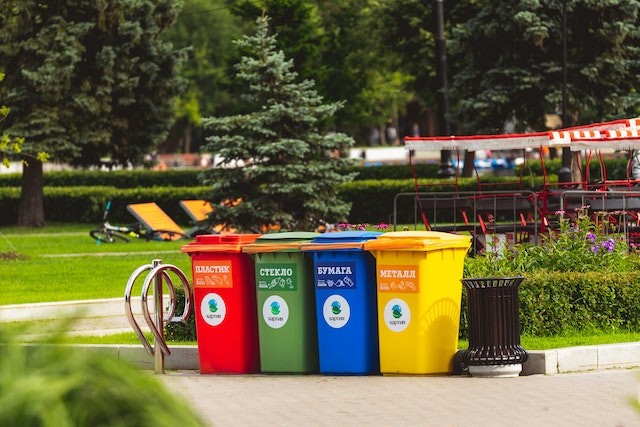
Citizen participation and behavior modification are essential for an effective waste collection system. To encourage waste reduction, source separation, and reuse, the World Bank backs the development of incentive and awareness systems. Through its technical skills, data, and analytics, the World Bank aids countries in planning and pursuing locally suitable solutions.
When people are properly educated and informed about greener living, rules and regulations have a greater impact. Therefore, the government may employ campaigns to encourage community compliance with these rules. Regular sensitization like this will help raise local environmental consciousness.
The rise in economic prosperity, the acceleration of population expansion, and the general improvement in people’s standard of living are only a few of the explanations for why there is now so much more solid waste to deal with.
Analyze Working System and Manage Data
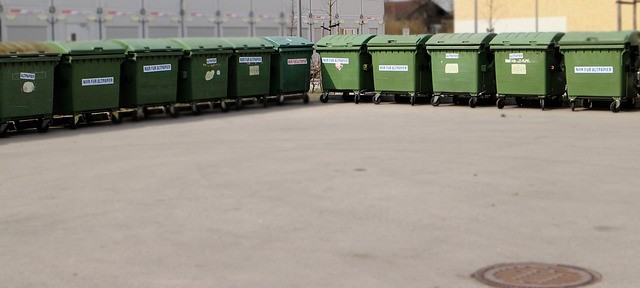
When teams have specific, measurable targets, they are better able to convey their aims and progress. To establish a baseline and direct goal setting, analyze the monitoring data. Setting goals helps to concentrate activities on recycling growth and waste reduction. Then, utilize the benchmark to keep track of the progress toward the goals.
A waste assessment or audit is a methodical examination of the facility and its activities to determine the volume and make-up of the waste stream. Considering organizing a team brainstorming session to come up with new waste reduction initiatives after studying the waste assessment’s findings should be useful. Making a list of the best possibilities, their viability, and compatibility with the objectives should further provide clarity for further action.
Different ways to reduce waste and create an eco-friendlier environment
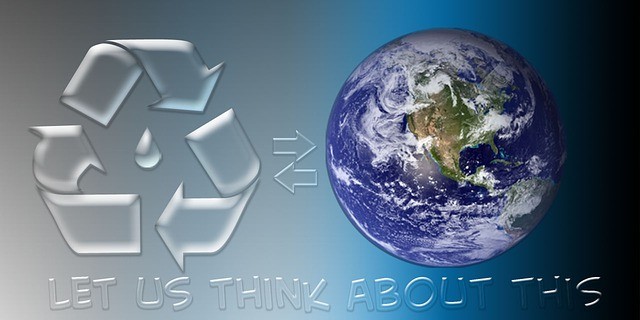
It need not be difficult, time-consuming, or expensive to live sustainably. Going green may seem intimidating, but it’s a lot simpler than many may imagine.
And just a few little adjustments every day may have a tremendous impact such as:
- Reducing your reliance on paper forms, including mail, receipts, and magazines.
- Reducing your influence on the environment by shopping at farmer’s markets and in bulk.
- Throwing away food and drink containers after one usage.
- Refraining from using single-use water bottles and coffee mugs.
- Reuse bags to shop sustainably.
Final Thoughts
Even if there are various ways to dispose of waste, adopting eco-friendlier techniques is desirable because they don’t harm the environment as much. The many approaches mentioned above will undoubtedly aid in creating a strategy for eco-friendlier waste collection and disposal. In any case, start recycling, and reusing as much as you can to reduce waste and have the council collect bulky waste or toxic waste professionally. Effective waste collection management is key to a greener future.
![]()


Leave a Reply
You must be logged in to post a comment.